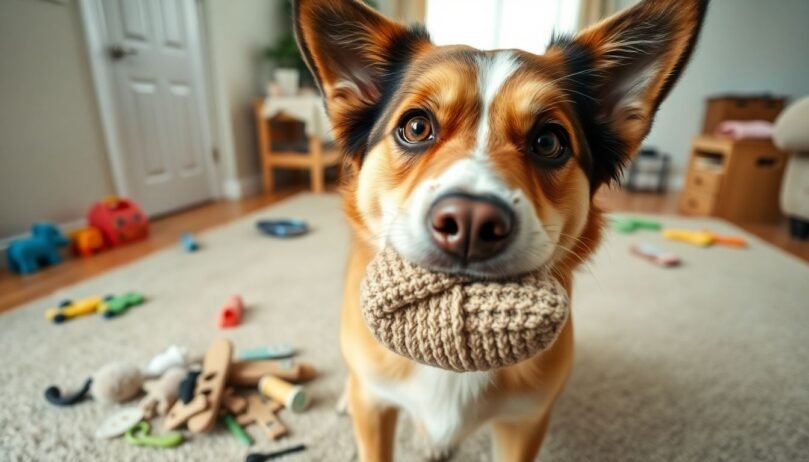Stop My Puppy or Dog Chewing
- 6 January 2025
- BuyAPet Editorial Team
- All Dogs, Dog Health
Stop My Puppy or Dog Chewing: A Practical Guide
Chewing is normal—but it doesn’t have to be destructive. Here’s how to tackle teething, boredom, and anxiety with smart training, management, and the right toys.
Understanding the Root Causes
Teething & development
Puppies chew to soothe gums and explore. Offer safe, durable teething toys and chill rubber chews for relief.
Boredom & under‑stimulation
Dogs need mental and physical outlets. Add sniff‑walks, puzzles, and short training games to daily routines.
Anxiety & separation issues
Chewing can self‑soothe. Build alone‑time gradually, use food‑stuffed toys, and consult a trainer if needed.
Positive Training to Curb Chewing
- Reward the right choices: Praise and treats when your dog chews approved items.
- Redirect: If they target the wrong item, swap in an appropriate chew; then reward.
- Consistency: Same rules, same cues—everyone at home on the same page.
Creating a Chew‑Proof Environment
- Store temptations out of reach (shoes, remotes, cords).
- Provide a safe confinement area (pen/crate) with approved chews when unsupervised.
- Use cord covers and keep bins closed.
Dealing with Specific Chewing Problems
- Excessive chewing: Rule out pain, nausea, or skin issues with your vet.
- Furniture chewing: Provide alternatives; use pet‑safe deterrent sprays; reward settling on a mat.
- When it’s anxiety‑driven: Address the emotion via desensitisation/counter‑conditioning, not punishment.
Choosing the Right Chew Toys & Deterrents
- Rotate tough rubber, nylon, rope, and edible chews to maintain novelty.
- Match toy size/strength to your dog’s bite.
- Use bitter sprays judiciously; always confirm pet‑safety.
FAQs
When will my puppy stop chewing everything?
Teething peaks around 4–6 months and improves by ~12 months, but enrichment and training remain important.
Should I punish my dog for chewing?
No. Punishment increases anxiety. Redirect to approved chews and reward calm choices.
What’s the best chew for heavy chewers?
Thick rubber or nylon chews sized for your dog. Supervise and retire worn items.
How do I handle chewing when I’m out?
Confine to a safe area with chews, remove hazards, and leave a food‑stuffed toy for engagement.
This article is educational and not a substitute for professional veterinary advice. For persistent issues or medical concerns, consult your veterinarian.
